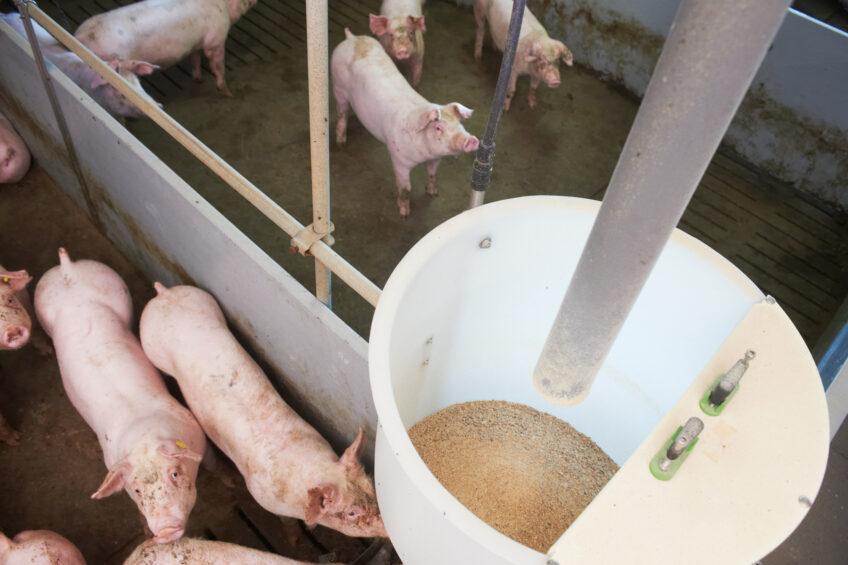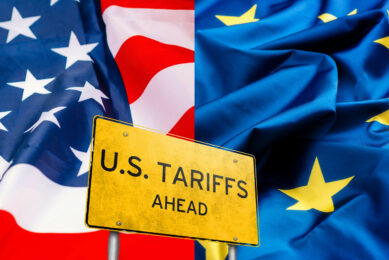Rabobank report: Lower feed costs, geopolitical risks

In the most recent global pork report by Rabobank, the bank noticed that global pork markets notice easing costs and a resilient demand. The bank warned for trade effects of geopolitical developments.
Feed costs are lower, the bank said, supporting farming expansion, and pork consumption in the 2nd half of 2024 should improve due to seasonal demand. However, disease pressures and trade vulnerabilities – including China’s “antidumping” probe into EU pork imports – remain risk factors, Rabobank wrote.
With regard to the antidumping probe, the bank said that the outcome of the investigation could impact the EU market and have a ripple effect across the global market. Chenjun Pan, a senior analyst (animal protein) at RaboResearch said in a press statement, “A suspension of EU exports or high tariffs could mean global pork trade flows are rerouted as China finds new origins and EU exports flow to other regions.”
“If EU exporters offer discounts to capture new markets, importing countries may need to support and protect local producers,” she added. “Meanwhile, other exporting countries may find their traditional trade partners shift to cheaper EU pork products.”
US-China trade war altering pork trade
Furthermore, the US-China trade war that started in 2018 has already altered global pork trade. The US lost competitiveness with China due to its higher tariffs, with Brazil as the largest beneficiary. The upcoming US presidential election could bring changes in US trade policy and uncertainty to global trade patterns over the coming years, Rabobank said.
Pan explained: “With rising concerns over trade disruptions given these geopolitical complexities, many governments have supported improvements in domestic production to increase self-sufficiency and reduce reliance on imports.”
Lower feed costs supporting expansion
Sufficient global supplies of grains and oilseeds should pressure feed prices in the 2nd half of 2024. That will continue to benefit producers and encourage herd expansion. Pan said, “Earlier supply contraction and lower feed costs in most regions have improved farming profitability, along with productivity gains. Producers in some regions have started to rebuild sow herds, anticipating declining feed prices and growing demand.”
Some countries, such as China, Vietnam and the Philippines, will see tight pork supply in the 2nd half of 2024 due to disease outbreaks. Other regions, including the EU and the US, will likely see pork supplies increase slightly. “Sow herd recovery will likely be faster than expected, especially in the EU and China. Productivity gains will continue despite recurrent disease issues in some regions,” Pan noted.
Consumer pork demand is resilient
Consumer demand for pork is relatively resilient across the globe, driven by a mixture of factors, Rabobank concluded. That includes easing inflationary pressure, slower economic growth, competitively priced proteins and seasonal changes. Pork consumption should improve due to seasonal demand over the remainder of the year. In addition, easing pork prices in the EU and weak prices in the US should support consumption in these regions.











